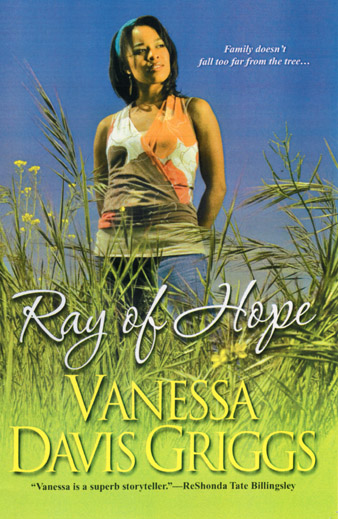Chimamanda Ngozi Adichie
Algonquin Books of Chapel Hill
2003, 307 pages (hard)
ISBN # 1-56512-387-5
+++++ Star Rating
Fifteen-year-old Kambili barely breaths, speaks or exists in her privileged, but suffocating Nigerian home with her brother Jaja and her parents. Kambili’s father’s dominance is felt not only in her home, but in all of Nigeria except for her Aunt Ifeoma. When Aunt Ifeoma persuades Kambili’s father to allow the children to visit her in Nsukka, while they are on holiday. Kambili and Jaja’s minds blossom into free spirits. JaJa learns the beauty of life, while Kambili falls in love with a handsome young priest. How will these two go back to such a strict and abusive home when they have been surrounded around love and the beauty of the purple hibiscus?
Adichie writes so effortlessly that you find yourself transported to Nigeria, smelling the rich soil and tasting the flowers. It is enchanting and engaging all at once. One of my favorite lines in the book is:
“It was what Aunty Ideoma did to my cousins, I realized then, setting higher and higher jumos for them in the way she talked to them, what she expected of them. She did it all the time believing they would scale the rod. And they did. It was different for JaJa and me, We did not scale the rod because we believed we could, we scaled it because we were terrified that we couldn’t.”
From the first page, you know the conflict, the characters and a hint at the ending all at once. After the third page, I was excited to know the end. It was a page turner, which forced me to either stay up late at night or throw the book on the floor, to make myself go to sleep. This book will haunt you for months after you have put it down.
Adichie does an excellent job at fleshing out her characters. She makes them real at an instant. Kambili is so shy and afraid to live that you want to take a flight to Nigeria and remove her from that mansion. JaJa is so strong and silent that you want to shake him to make him scream. Their mother, Beatrice is such a caterpillar. You wait for her to become the butterfly and I can see Father Adami’s clay colored skin and brilliant smile in my mind, behind my eyes. Adichie makes these characters so likable and so real.
This book reminds me of Olympia Vernon’s Eden, but it is set in Nigeria not Mississipi. Both books brilliantly tell the story of people of African descent in such a magical way that you feel power in every page. You feel this undying will that manifests the struggle of African people, their struggle to be heard, recognized and loved. Purple Hibiscus is as timeless as the sand and as beautiful as the flower it is named after.




















1 comments:
Thanks for the review, Dee. I'm looking forward to this one.
Mary G.
Post a Comment